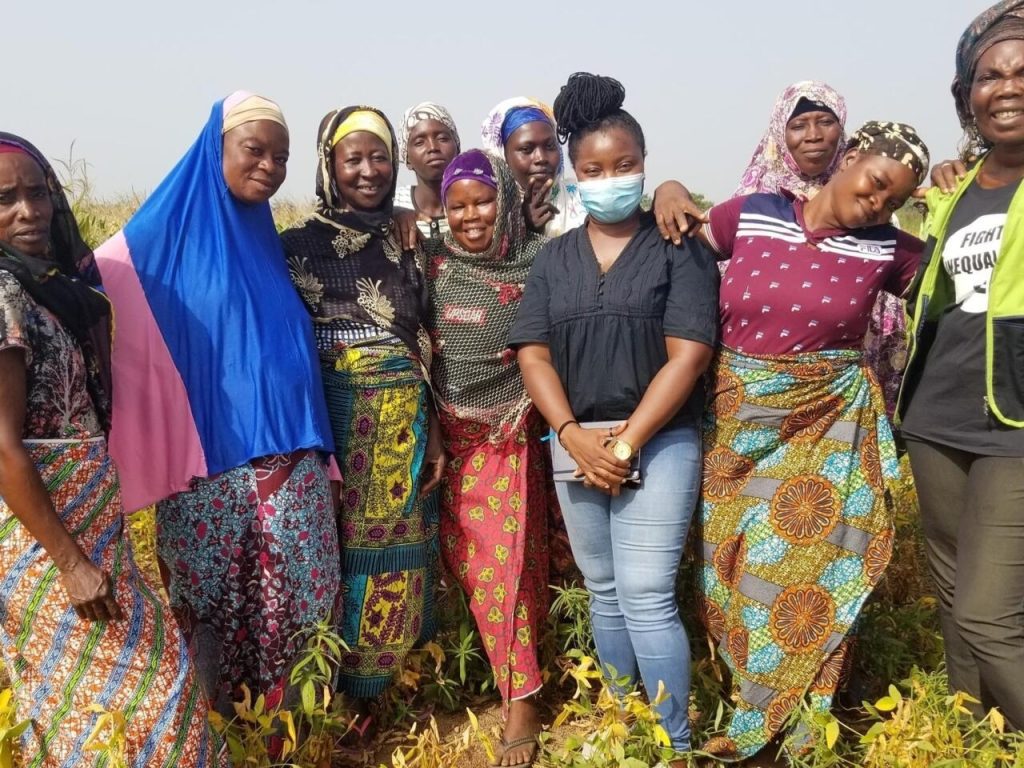Nigeria, a country with a predominantly subsistence-based agricultural system, relies on the hands of its smallholder farmers for both food security and agricultural development. Notably, the unsung heroes in this equation are the rural women, who contribute significantly to agriculture, accounting for 60 to 80 per cent of the labour force. Yet, their crucial role often remains invisible, and their voices are rarely heard in the decisions shaping agricultural development.
Gender inequality casts a long shadow over the agriculture sector, presenting a formidable barrier to progress. To address this issue, a comprehensive revaluation of government policies on agriculture is imperative. These policies must recognise and rectify the factors that disadvantage rural women farmers by recognising the urgency of addressing this gender disparity, Nigeria established the women-in-agriculture programme. This initiative was designed to rectify the shortcomings in extension services for women farmers and has yielded significant success. Through the concerted efforts of some women’s groups, non-governmental organisations (NGOs), and civil societies, rural women farmers have gained a stronger voice and effective advocacy for their cause. One notable outcome of these efforts, as gathered FarmingFamersFarms is improved access to essential resources for women farmers. They now have greater access to farm inputs and financial credit, enabling them to expand their roles and contributions to Nigerian agriculture. However, it is crucial to acknowledge that many barriers still exist, necessitating further efforts to enhance the roles of rural women in agriculture.
In light of their tireless contributions, it is only just that rural women farmers receive the recognition they deserve and appreciation for their tangible impact on agriculture, rural development, and food security. This recognition is not merely a matter of symbolism, but a call to action to create an inclusive and equitable agricultural landscape that benefits all, irrespective of gender. As we explore deeper into the complexities of gender issues in Nigerian agriculture, it becomes evident that addressing the imbalance is not only a moral imperative, but also a necessity for realising the full potential of the agriculture sector. The hands that till the soil, nurture the crops, and harvest the bounty are undeniably those of women, and their empowerment is fundamental to the future of Nigerian agriculture. It is time to amplify their voices, dismantle the barriers they face, and celebrate their vital contributions to the nation’s sustenance and development.



